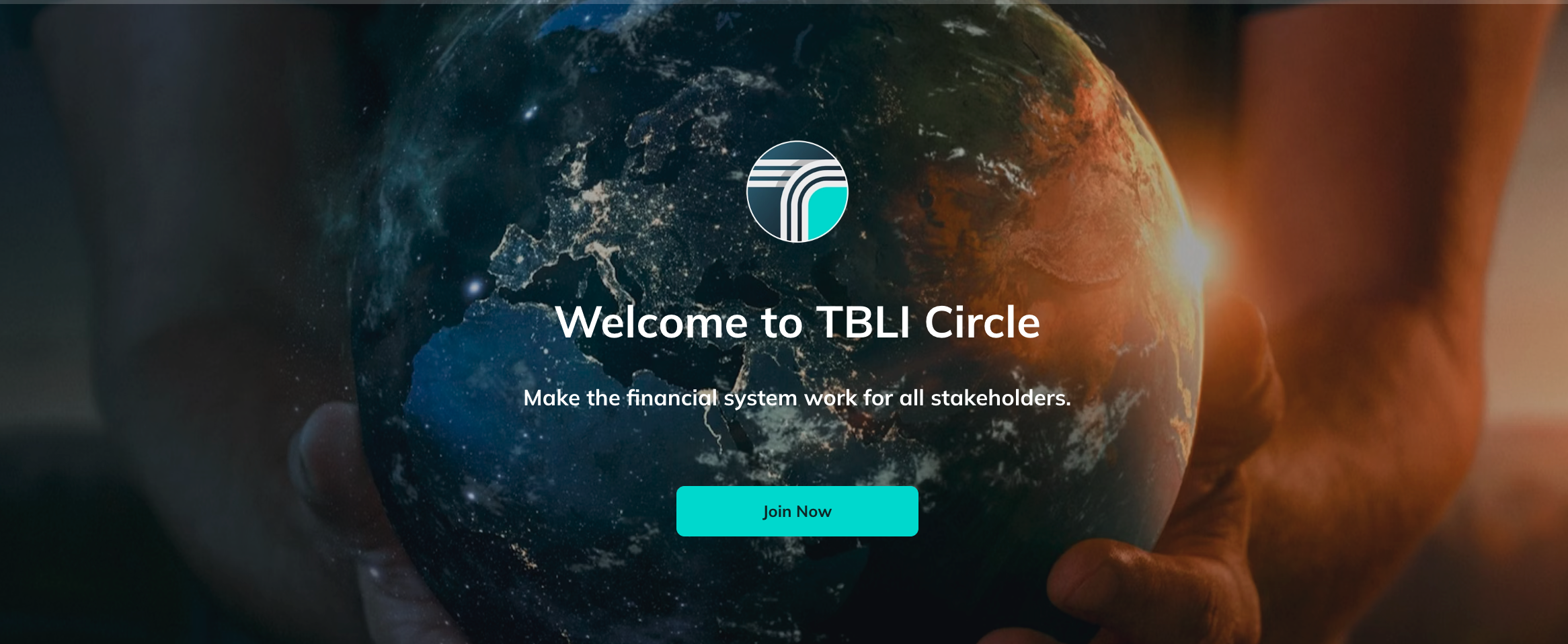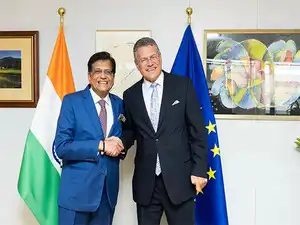Virgin Media O2’s Recycling Initiative Saves 45,000 Business Devices from Landfill
By: Hanaa Siddiqi - Sustainable Times
Virgin Media O2 has revealed a significant milestone in its O2 Recycle for Business programme: nearly 45,000 smartphones and tablets have been reused or recycled since its relaunch in October 2023. This initiative, aimed at UK-based businesses, allows companies to trade in old devices for cash, receive credit toward new tech, or even donate the proceeds to charity. The scheme has raised around £330,000 for the Good Things Foundation.
The recycling service provides a hassle-free experience, offering free courier collection and the convenience of registering multiple devices simultaneously. For remote workers, a prepaid postage system ensures that sending in old devices is easy and cost-free.
Once collected, the devices undergo a thorough data wipe before being refurbished for resale or fully recycled. Virgin Media O2 has emphasised that no device components are sent to landfills, helping to combat the growing global problem of e-waste, a waste stream recognised by the UN as one of the world’s fastest-growing.
This initiative forms a core part of Virgin Media O2’s broader environmental strategy, which includes a bold target of facilitating 10 million reuse and recycling actions by 2025.
Virgin Media O2’s chief sustainability officer, Dana Haidan, said: “We know businesses want simple solutions to help them become more sustainable.
“That’s why Virgin Media O2 is leading the way in helping companies to reduce their waste, recycle their unwanted tech and reuse their unwanted devices.
“Businesses can also play a vital role in supporting digital inclusion by accessing tech donation programmes, where their unused devices can be given a second life and used by someone in need, helping them to get online, access essential websites and build digital skills.”
The problem of electronic and electrical waste (e-waste) is escalating rapidly. According to the UN, e-waste is the world’s fastest-growing domestic waste stream, surging 82% since 2010. Projections suggest it will rise by an additional 32% by 2030. Unfortunately, recycling systems are struggling to keep pace, wasting billions of dollars' worth of valuable resources as used electronics pile up.
The UK is one of the major contributors to this global issue. Data from the UN reveals that the UK produces more e-waste per capita than all but one country—Norway. In response, MPS from the Environmental Audit Committee are calling on the UK government to introduce stricter regulations and legislation to curb this growing problem.
While a significant portion of e-waste comes from individuals, businesses also play a crucial role. Research commissioned by Virgin Media O2 indicates that nearly 12 million business devices across the UK are currently sitting unused. The company highlights that many of these devices could be either resold or recycled, urging businesses to recognise the missed opportunity in recovering value from tech they no longer use.
Read full article









